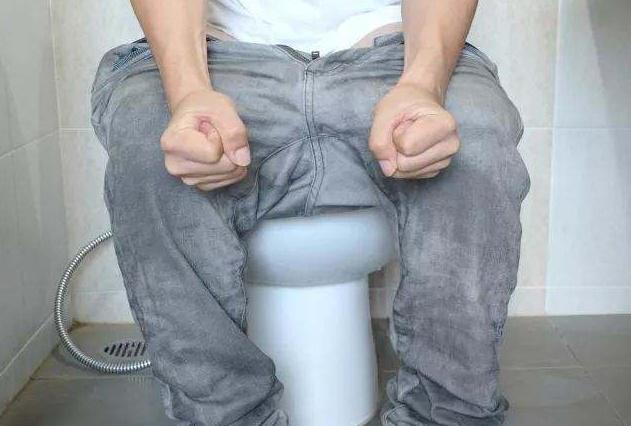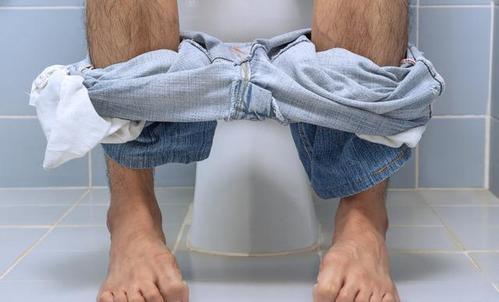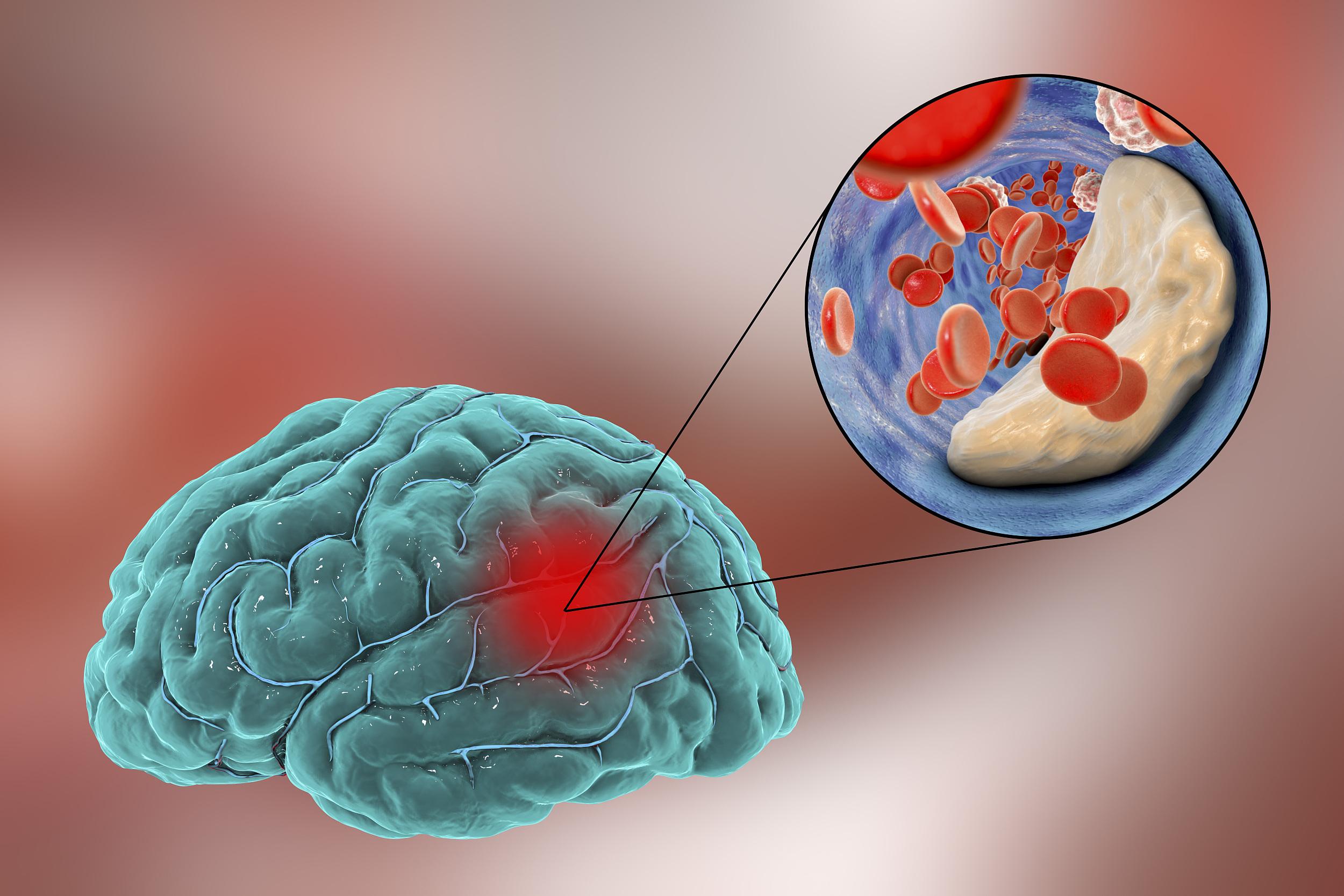In everyone's daily life, bowel movements, a seemingly ordinary but indispensable behaviour, actually hide the subtle code of physical health. Imagine that our intestines are like a busy street, and faeces are the "garbage" on this street that needs to be cleaned regularly. If the "garbage" on this street is not cleaned in time and piled up, it will not only affect the beauty of the street but may also breed various "bad elements" and pose a threat to the health of the city.
The latest scientific study, like a careful urban planner, reveals the key to the healthy operation of the "city" of bowel movement frequency. It tells us that "big cleaning" once or twice a day, that is, bowel movements, is the golden rule to keep the city (intestine) in the best condition. Such a frequency is like setting a perfect cleaning cycle for the intestines so that the "garbage" can be transported away in time to avoid accumulation.

However, when the "uninvited guest" of faeces stays in the intestinal street for too long, the situation becomes less optimistic. The intestinal microorganisms that should have been busy converting fibre into beneficial short-chain fatty acids will have to change their strategy due to the shortage of "food" (fibre). They begin to attack protein instead. This transformation is like the "garbage incineration" process in the city. Although it seems to have dealt with the problem, it produces "harmful gases" such as p-cresol sulfate and indole sulfate - toxins.
These toxins, like pollutants in the city, quietly penetrate our blood and travel throughout the body with blood circulation. Even those "healthy people" who think they are in good health and occasionally suffer from constipation are not immune to this harm. The concentration of toxins in the blood quietly rises, like a silent crisis, eroding our health unknowingly. In this "toxin war", the kidneys, the "detoxification guards", are under tremendous pressure. They have to work overtime to try to remove these harmful substances from the blood. But in the long run, the kidneys will also feel exhausted and may even be damaged, affecting the detoxification system of the entire body.

During the days of diarrhoea, our bodies seem to have experienced a sudden "bile acid escape". Originally, these precious bile acids were like hard-working porters, shuttling through the digestive system under the careful deployment of the liver. Their task was to dissolve and help absorb the dietary fat from the delicious food to ensure that every drop of nutrition was not wasted. However, diarrhoea, an uninvited guest, broke this harmony. It was like a sudden storm, catching the bile acids off guard. They could only flee in a hurry with the watery stool and failed to complete their mission. At the same time, in the complex and delicate ecosystem of the intestine, there is a group of guardians known as "strict anaerobic bacteria". They are like hermits in the forest, preferring to thrive in a quiet, oxygen-poor environment. These fibre-fermenting intestinal bacteria are like gardeners in the intestine, carefully maintaining the "golden zone" of the intestine - the perfect state of defecation once or twice a day, neither too dry nor too moist. Here, they ferment dietary fibre to produce short-chain fatty acids that are beneficial to the body, building a solid line of defence for intestinal health.
At this stage of life, women, as well as those who are light and have a low body mass index, seem to have a "slow life" defecation rhythm. Hormones compose different music for the physiological functions of men and women. These inherent differences may be one of the reasons why men tend to have more frequent bowel movements. Furthermore, when it comes to food intake, male friends always seem to play the role of "big eaters". They enjoy the richness and satisfaction of every meal, which also quietly affects their intestinal activities, making defecation a more frequent and natural physiological reaction.

Therefore, maintaining regular bowel habits is like setting up an efficient cleaning mechanism for the "city" of the intestines, allowing our bodies to stay away from toxins and maintain health and vitality. Remember, "cleaning" once or twice a day is the best care for your body.





